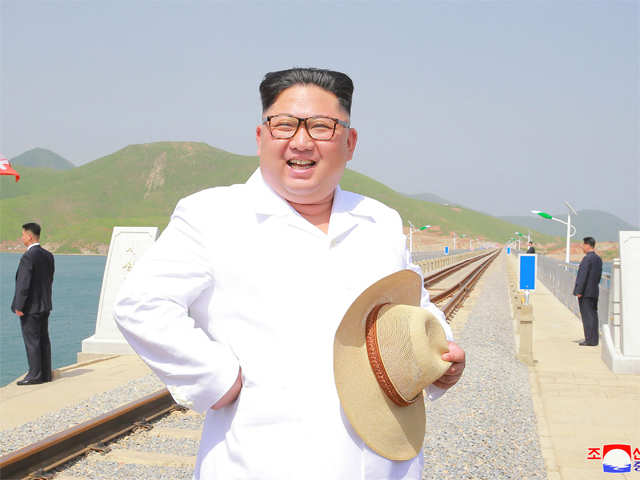
Bullet train dreams
North Korea's ruling family has long dreamed of a state-of-the-art rail system linking its major cities with each other and the wider world.
Now, North Korean leader Kim Jong Un is looking to capitalise on an easing in international tensions with his isolated regime to advance plans for a high-speed rail network to rival those in Europe and neighbouring South Korea.
1/6
Reuters

Plans
Kim has instructed officials to seek partnerships with countries such as South Korea and France.
Engineers and consultants in South Korea say they are also drawing up plans for possible rail projects with the North.
Both Koreas see new railways as a key that could unlock regional trade and tourism, connecting the Korean peninsula with Russia, China and beyond.
2/6
Reuters
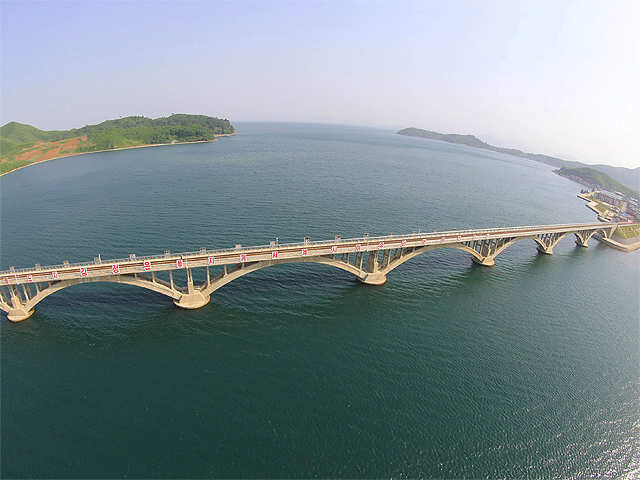
Hurdles
Plans face numerous hurdles, not least wide-ranging sanctions on doing business in North Korea over its pursuit of nuclear weapons in defiance of the United Nations, and the country's unstable electricity infrastructure.
In pic: An aerial photo shows the completed railway bridge across Sokjon Bay, part of the completed Koam-Tapchon railway, in this undated photo released by North Korea's Korean Central News Agency in Pyongyang.
3/6
Reuters
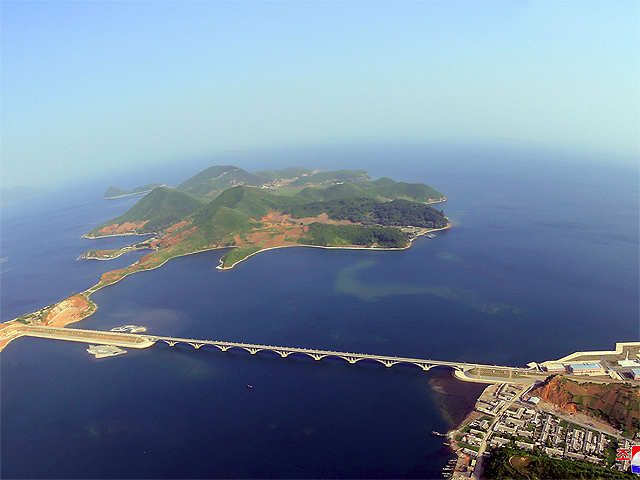
Long-held dream for Kim
A month before his death in 1994, Kim's grandfather and founding leader of North Korea, Kim Il Sung, said a railway connecting two Koreas, China and Russia could generate North Korea $1.5 billion annually from transporting commodities. Kim Jong Un publicly expressed admiration for South Korea's railways during a summit in April.
A bullet train system in North Korea could take at least five years to build and cost up to $20 billion.
Kim said a high-speed railway should be built between Pyongyang and a new international airport near the capital. He also has more ambitious plans to build a high-speed railway linking Pyongyang to South Korea and China.
4/6
Reuters
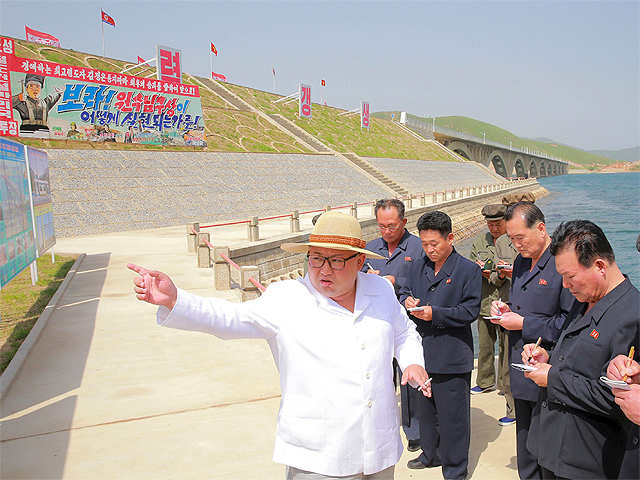
Risky, but potential money-spinner
Seoul, too, has seen potential benefits from such a tie-up. In 2015, a state-run railway association estimated trans-Korean railways linking the peninsula to China and Russia could halve the time to transport freight, and generate substantial transit fees for the South.
South Korea is budgeting 504 billion won ($450 million) next year for cross-border economic projects such as the modernisation of North Korea's roads and railways, up 46 percent from this year. It did not provide a breakdown for railways.
5/6
Reuters
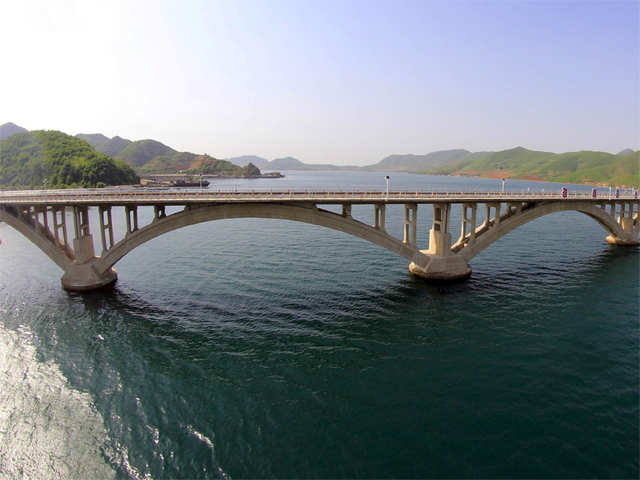
French connection
A senior North Korean diplomat told the French senate in June the country would like to partner with France on railway construction, specifically naming Alstom, the maker of the iconic TGV bullet train, and French national railway operator SNCF, as potential partners.
South Korea adopted Alstom’s technology for its KTX bullet trains introduced in 2004. The system is about six times faster than the North’s aging rail networks.
But it’s far from clear how infrastructure would be defined under the United Nations sanctions, and the French rail operators told Reuters they had no plans to team up with North Korea.
No comments:
Post a Comment